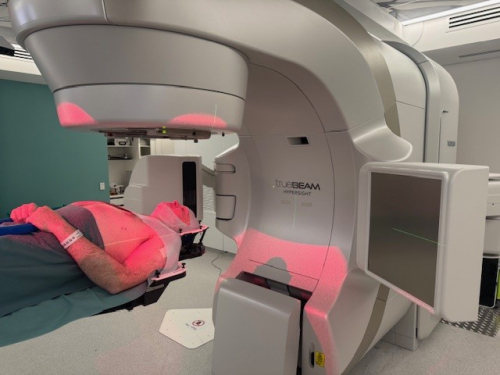Focus on youth

Mental health issues such as eating disorders, depression and anxiety have had a pronounced spike in young people during the COVID-19 restrictions.
Alfred Child & Youth Mental Health Service (CYMHS) director Paul Denborough said while there are a number of initiatives in place, restrictions have had a major impact on young people.
“It’s been particularly challenging for young people because they’re going through that developmental stage to work out who they are, which is largely done through their peer group,” Dr Denborough said.
“If they’re not able to interact normally, they’re much more likely to be exposed to anxiety.”
“There’s been an increase in young people asking for help or families asking for help for them for a range problems, including depression, anxiety and eating disorders.”
The lockdown has impacted all of us in some way, but Dr Denborough said it was important to remember how tough it will continue to be on the younger generation when restrictions ease.
“It’s really important to think of teens with so much uncertainty around.
“There’s uncertainty around future jobs, relationships, friends.
“It’s such an important stage of life, being a teenager… partying, forming and identity, it’s a big thing and we still need to focus on future of country.
“After the first lockdown we got big spike in referrals and there’s no reason why that won’t happen again."
Mental health issues can impact people at any age, but symptoms often begin to manifest at a young age.
CYMHS psychiatrist Dr Danny Cheah said that it was important for families and friends of young people to know what to look for.
“There’s a number of programs in place, but there’s certainly some red flags that people can look for,” Dr Cheah said.
“Thoughts of self-harm or suicide is one of the most common reasons people call us, but other things to look out for could be a significant and persistent change in mood and behaviour and how they might be coping with school.
“Things like finding it difficult to participate and attend school, an increase in risk taking behaviours and/or difficulties with relationships are also things to look for.”
Dr Cheah said as many as three quarters of people with mental health issues begin developing symptoms before the age of 25.
“Statistics tell us that one in four people will struggle with mental health in their life,” he said.
“Of those people as many as 50 per cent will experience symptoms before they turn 15 and that number blows out to 75 per cent before 25.
“Mental health issues start much earlier on, but help early minimizes the impact of potential mental health problems spiralling.”


